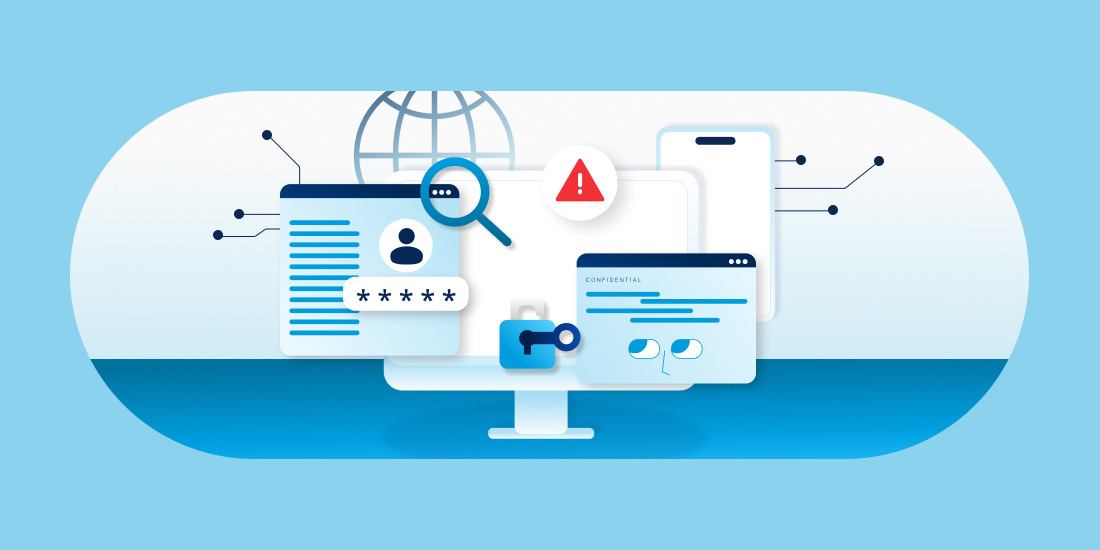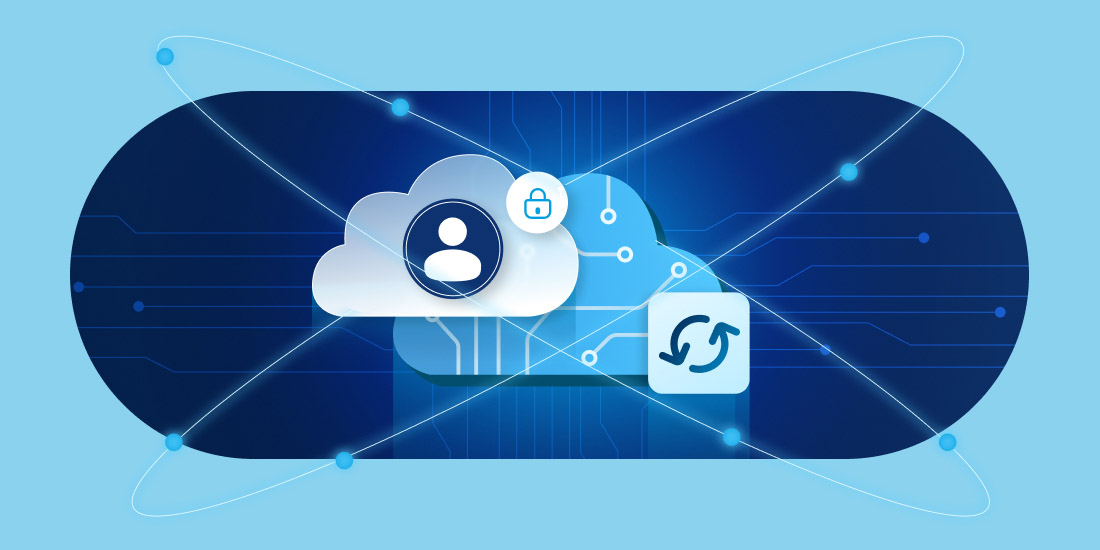Estimated Reading Time: 4 Minutes
Helping clients stay current with industry regulations and changes is a great strategy for high-growth MSPs. Clients that care about these issues are usually operationally mature and sophisticated and are the types of clients who view technology as a strategic area of investment. These clients are keepers.
To build industry expertise takes research, training, and first-hand industry experience. Some MSP leaders have decades of experience working with clients in highly regulated verticals, like medical, financial, or defense contracting. This expertise is born through experience. For many other MSP leaders, there is an urgent need to upskill staff and gain important industry expertise ASAP. For these MSPs, quickly establishing resource expertise is a high priority.
In this blog, we will identify ten online resources to help MSPs learn and develop their internal industry expertise.
Conducting Market Research
Keeping abreast of industry trends is difficult. Importantly, it is best to rely on data-driven research. In general, only the largest industry players can afford to commission real market research with valuable industry insights. Before an MSP embarks on an expertise journey, it helps to understand the overall industry context first. What are other MSPs doing? Which verticals are they focusing on? Which laws and compliance areas are most commonly addressed with clients? What are the biggest industry challenges?
Fortunately, some of the largest software vendors in the MSP space have been churning out great market research reports in the past few years. The largest MSP platform players have large customer bases and deep pockets to fund primary research in the MSP space.
Many of the annual “State of the MSP Market” reports from the likes of ConnectWise, Datto, and Kaseya are based on surveys of thousands of MSPs and contain great insights into the industry trends at the client level. Here are three recent reports we recommend:
1. ConnectWise, “The Future of Managed Services”
2. Datto, “Global State of the MSP Report,” 2021
3. Kaseya, “2021 MSP Benchmark Survey Report: MSP Industry Trends”
Training and Certification
Training is essential for industry-focused MSPs. In a knowledge-based economy, staff at every level in an MSP needs constant training and education. For technical staff, it is a non-stop endeavor to keep skills sharp and relevant. MSP leadership also requires training and certification on advanced topics, especially in the area of compliance. Often, certain levels of certifications are required to meet minimal levels of industry compliance on client projects or engagements.
Here is a small sampling of the training resources available to MSPs.
4. Pluralsight
With a range of freemium and premium training options, Pluralsight is one of the world’s leading technical training companies, with over 2,800 employees and thousands of different course offerings. The company offers on-demand training, online lab environments, and instructor-led training. For MSPs looking to upskill their teams in cloud and cybersecurity technologies, Pluralsight is a great option.
5. Skillsoft
Skillsoft is one of the world’s largest technical training organizations. Training is offered in various modalities, including micro-learning, hands-on labs, and instructor-led training. Skillsoft features different training brands, including Percipio for micro-learning, CodeAcademy for hands-on learning, and GlobalKnowledge for instructor-led training. The company also has a dedicated compliance learning path.
6. CompTIA
CompTIA is an industry association for the global technology sector. The company specializes in training and certification, along with industry lobbying and technology policy leadership. CompTIA takes a vendor-neutral approach to training and education and is an ideal source for training rank and file staff, especially entry-level technical staff.
7. IT PRO TV
IT PRO TV is a for-profit supplier of video-based training content, delivered on a subscription-based model. The company leverages the medium of video, to make learning exciting and engaging, especially for early career professionals. IT PRO TV addresses vendor-specific training, along with CompTIA certifications, with its video-centric approach.
Cybersecurity Frameworks
8. NIST CSF
- NIST CSF is managed by NIST, a federal physical sciences and research laboratory. One of the main ways NIST fosters innovation and American industrial competitiveness is by promulgating standards. In the case of security, the NIST CSF defines five main areas of management – Identify, Protect, Detect, Respond, and Recover – that are further broken down into 23 different control categories.
- NIST CSF helps MSPs and other cybersecurity professionals measure and benchmark organizations for their level of cybersecurity maturity, which is the essential first step before making cybersecurity improvements.
9. Center for Internet Security (CIS)
- CIS is a non-profit organization dedicated to helping people, businesses, and organizations protect themselves against cyber threats. The organization has defined CIS Controls: a set of 18 different safeguards and cybersecurity best practices designed to combat the most common security vulnerabilities. As with NIST CSF, the CIS Controls define key standards and definitions which allow for objective measurement of cybersecurity maturity and operational effectiveness.
- MSPs can use CIS Controls to evolve client cyber maturity over time. CIS Controls also map to additional frameworks and help MSPs drive regulatory compliance.
10. Control Objectives for IT (COBIT 2019)
- COBIT is a standard promoted by ISACA, a non-profit business association dedicated to improving IT governance and technology standards. The organization was born out of the need for standardized approaches to IT governance and IT audits, especially in the financial sector. Today, COBIT 2019 has evolved into a global standard for IT governance. COBIT 2019 is broader than cybersecurity. The standard encompasses compliance, risk management, and aligning business and IT goals.
- For MSPs that deliver co-managed IT services to larger companies, expertise with COBIT 2019 will be essential in certain client engagements.






